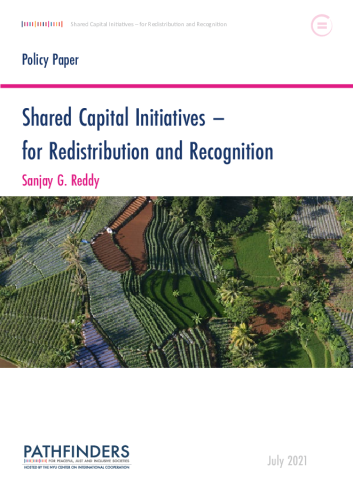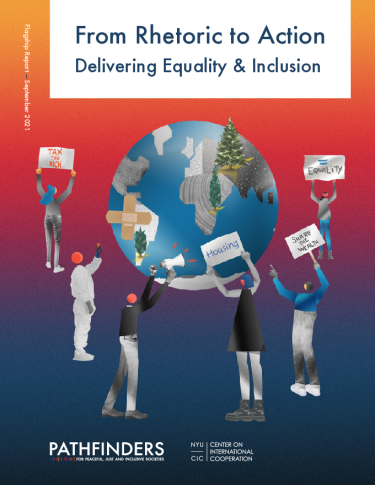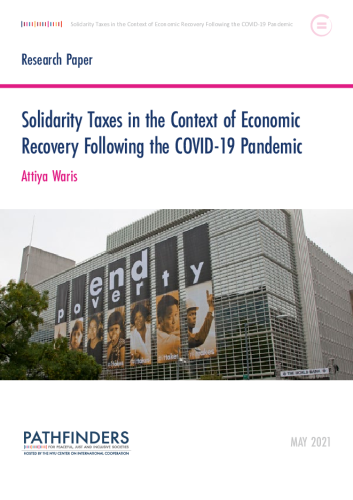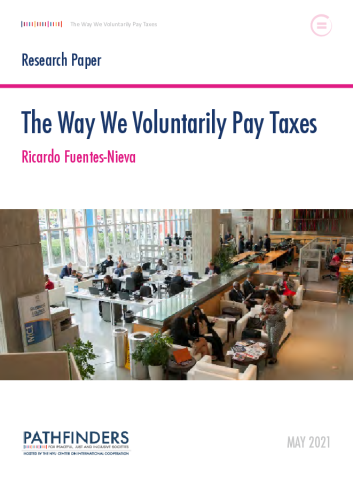Shared capital, defined as a broadly distributed pattern of rights over productive assets, can be a powerful instrument to address economic and social inequalities.
We argue that initiatives to bring about shared capital can foster both redistribution and recognition, and thereby bring about more inclusive and peaceful societies. Based on experience, we suggest moreover that they are feasible and can be advanced by suitable policies and actions—at local, national, and global levels.

Landscapes of Halimun Salak National Park. Photo: © Kate Evans/CIFOR. Retrieved from https://www.flickr.com/photos/cifor/35482496890, (CC BY-NC 2.0)
Shared capital can involve distribution of various rights of an asset, including those of use, control, income, and transfer. This paper considers nine cases which feature some experience of shared capital involving various kinds of rights being distributed and relate these to different kinds of assets. In almost every case, the state has an important role to play in facilitating the distribution of rights. The cases considered involve the following:
- codetermination (workers’ role in decision-making in firms)
- employee share ownership
- small and medium sized enterprises
- social wealth funds
- individual capital endowments
- worker cooperatives
- land reforms
- public asset distribution
- digital economy
Authored by Sanjay Reddy, this paper identifies a range of possible policies and actions to promote shared capital, which can take the form of provision of coordination, information, regulation, financing, and direct transfer. In each case some role for the state is likely to be required, although it may involve a light touch in some instances and a more substantial role in others. The particular local and national initiatives to be promoted will vary depending on history and context. There is, however, an indispensable role for global initiatives to promote shared capital. These gain a particular force from the relevance of shared capital initiatives to promoting a number of the Sustainable Development Goals, relating especially to inclusion and inequality, prosperity, and peace.
Read the full paper: Shared Capital Initiatives – for Redistribution and Recognition
This publication is part of the Pathfinders Grand Challenge on Inequality & Exclusion. More information about this initiative can be found here.



